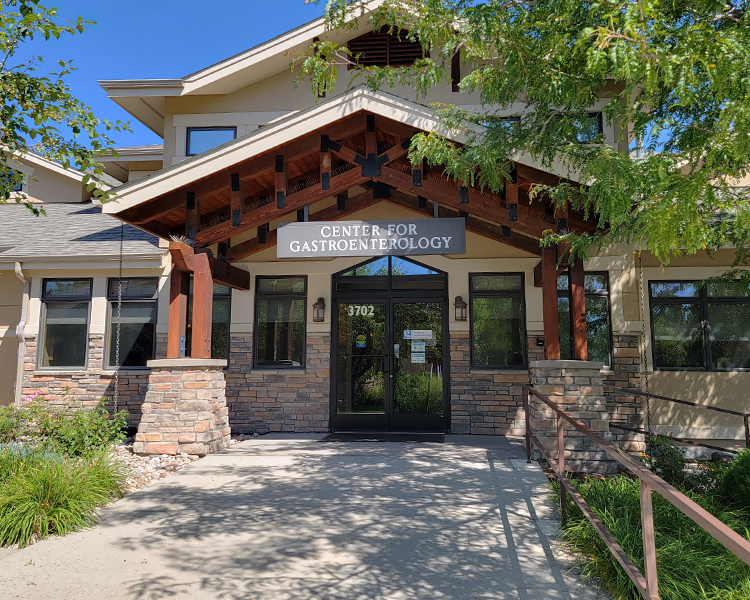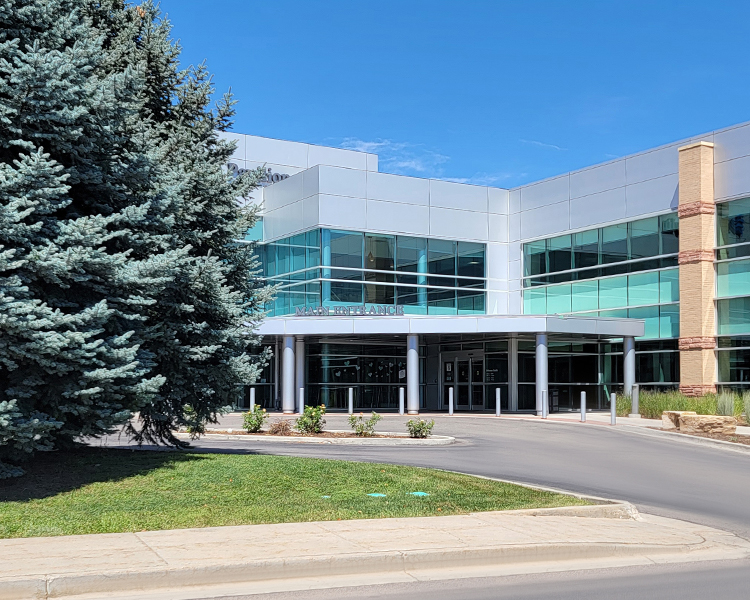Quick Links
Many patients experience a range of symptoms that may stem from issues in the digestive tract. For any condition, diagnosis is the first step toward developing a treatment plan and ultimately improving quality of life. Thankfully, we are in an era of advanced diagnostic techniques that can help physicians quickly and effectively diagnose issues or abnormalities. Capsule endoscopy, otherwise known as “Pillcam,” is a diagnostic procedure that allows pictures of the digestive tract to be taken in a minimally invasive way. The capsule endoscopy is only preformed after having a negative EGD and COLO.
What is Capsule Endoscopy?
Capsule endoscopy is a procedure that utilizes a camera to examine the digestive tract. The camera that is used is incredibly small in size, and it is also wireless, allowing it to pass through the patient’s body and take pictures. For this procedure, the camera is placed inside a capsule comparable in size to a vitamin. The pill is taken orally, allowing the camera to travel through the body and record images of the digestive tract. This procedure is less invasive than a traditional endoscopy, which utilizes a long tube instead of a small capsule. It also allows for detailed images to be taken of the small intestine, which is an area of the body that is difficult to examine with more traditional methods.
This procedure might be recommended and performed by a member of our team for several reasons. Many diseases involving the digestive tract, including celiac disease and Crohn’s disease, may be diagnosed using this method with the detection of inflammation or immune reaction.

Capsule Endoscopy Procedure
Capsule endoscopy is a minimally invasive, safe procedure. To ensure the safest and most optimal results, known health conditions like tumors and Crohn’s disease should be discussed with a member of our team during consultation.
To make sure that high-quality imaging is achieved, you will be required to refrain from eating and consuming liquids for 12 hours before the procedure takes place. Laxatives may also be prescribed to ensure that the digestive tract is cleared. This will help improve the quality of imaging that the camera produces.
A belt must also be worn, to which a recorder is attached. The tiny camera will produce images, which are stored by the recorder. A camera capsule will then be taken orally–it is similar to taking any type of pill and should not be noticeable after it has been swallowed. Once the capsule has been taken, the patient can leave and resume activities with the exception of strenuous physical activity.
What does an endoscopy do?
What does an endoscopy do? At the Centers for Gastroenterology, there’s a lot of terminology thrown around that you may not be familiar with…
Continue ReadingCapsule Endoscopy Recovery and Aftercare
After eight hours have passed–or the capsule is removed from the body during a bowel movement–the procedure has been completed. Patients can typically resume the consumption of clear liquids and light meals a few hours after leaving the office. We ask that the patient DO NOT remove the equipment until they are in the office and the MA/LPN removes this device. This is to prevent any damage to the equipment.
One of our expert physicians will then analyze the results to determine potential issues or abnormalities. After the results are determined, they will be shared with you and further discussed to determine a plan of treatment.
Contact Us Today to Schedule Your Capsule Endoscopy
If you’re concerned about digestive tract issues you or a loved one may be experiencing, Centers for Gastroenterology would love to help ease your mind and work with you to develop a plan of treatment. Contact us today to schedule an appointment for a consultation with one of our experienced physicians. For your convenience, you may view and download our patient forms prior to your appointment.








